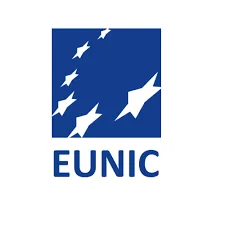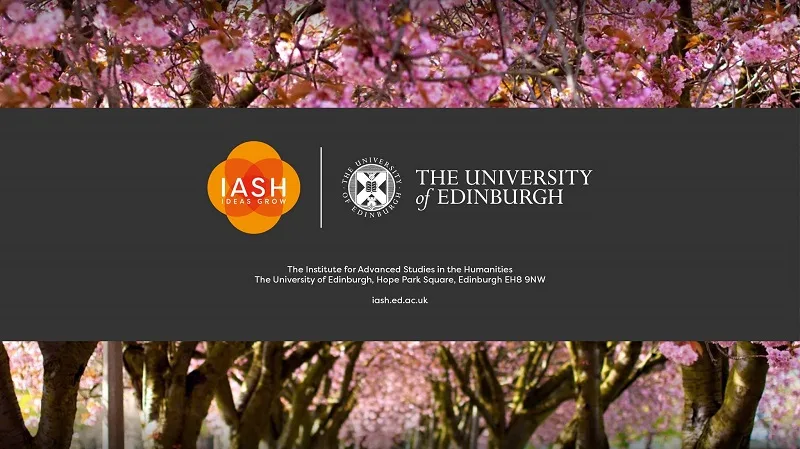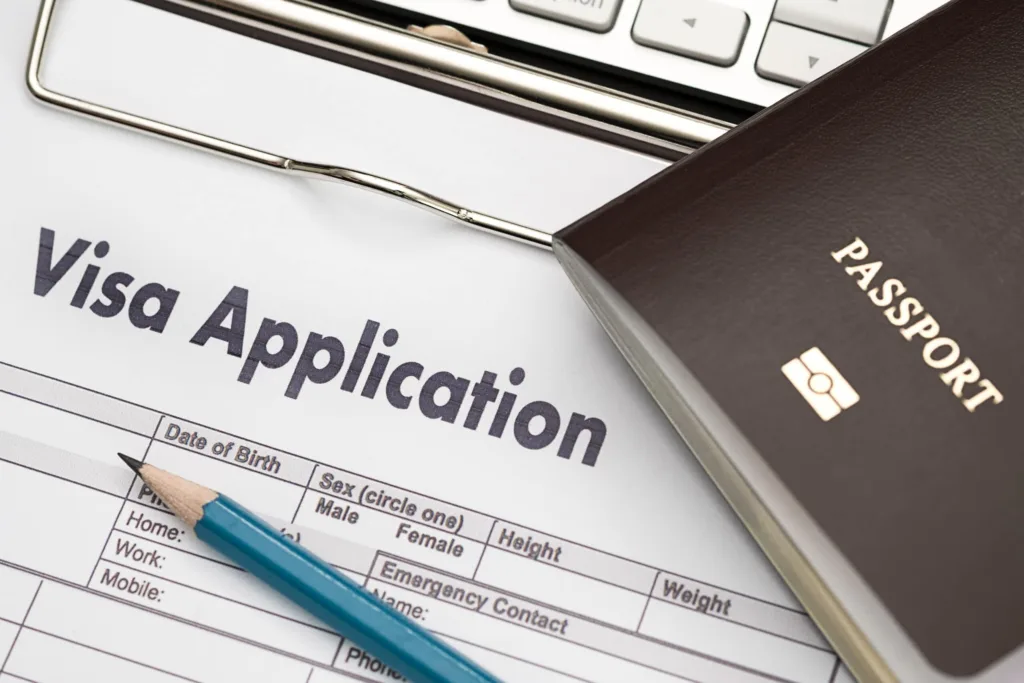The Spaces of Culture 2025 program is a cultural relations project that supports collaboration between European and local partners in Sub-Saharan Africa. The program prioritizes innovation, relevance to the local context, and fair partnerships, aligning with the UN Sustainable Development Goals.
The Spaces of Culture program is designed to support cultural relations projects in Sub-Saharan Africa. The program aims to foster cooperation between African and European artists, creators, and cultural professionals. By providing funding and support, the program enables projects to make a positive impact in the cultural sector.
Cultural exchange is essential for promoting understanding, creativity, and innovation. The Spaces of Culture program recognizes the importance of cultural exchange and aims to support projects that demonstrate a strong commitment to collaboration and mutual learning. Partners play a critical role in the success of the Spaces of Culture program. The program requires a minimum of three full EUNIC members, three key local cultural and/or civil society partners, and involvement from EU Delegation(s) in the country(ies). By working together, partners can leverage their expertise and resources to achieve a common goal.
The future of cultural relations is rapidly evolving, and it’s essential to stay ahead of the curve. The Spaces of Culture program is designed to support projects that demonstrate a strong commitment to innovation, creativity, and cultural exchange.
The Spaces of Culture program has the potential to make a significant impact on the cultural sector in Sub-Saharan Africa. By providing funding and support, the program enables projects to make a positive impact and contribute to the development of the cultural sector.
The Spaces of Culture 2025 program is a prestigious program that supports cultural relations projects in Sub-Saharan Africa. If you are a cultural organization or individual looking to make a positive impact in the cultural sector, apply now and take the first step towards a successful and fulfilling project.
Name of Organizer:

Requirement/Eligibility
1. Partnership: A minimum of three full EUNIC members, three key local cultural and/or civil society partners, and involvement from EU Delegation(s) in the country(ies) are required.
2. Location: The project should take place in Sub-Saharan Africa.
3. Objective: Projects should demonstrate innovation, relevance to the local context, and fair partnerships, aligning with the UN Sustainable Development Goals.
4. Cultural Focus: Projects should focus on cultural exchange, creativity, and innovation.
5. Sustainability: Projects should have a sustainable impact and contribute to the development of the cultural sector.
Duration/Stipend
The program will provide funding of up to EUR 50,000 per project. The project duration is expected to be between September 1, 2025, and August 31, 2026.
To succeed in the Spaces of Culture program, applicants will need to
– Develop a Strong Project Concept: Develop a project concept that demonstrates innovation, relevance to the local context, and fair partnerships.
– Build a Strong Partnership: Build a strong partnership with local cultural and/or civil society organizations, EUNIC members, and EU Delegation(s).
– Plan Carefully: Plan carefully and ensure that the project is feasible and sustainable.
– Monitor and Evaluate: Monitor and evaluate the project’s progress and impact.
Benefits of the Program
The Spaces of Culture program offers a range of benefits, including:
– Funding: Up to EUR 50,000 per project.
– Networking Opportunities: Opportunities to network with other cultural organizations and professionals.
– Capacity Building: Opportunities for capacity building and professional development.
– Global Reach: Opportunities for global recognition and exposure.
Eligible Countries
The program is open to projects taking place in Sub-Saharan Africa. Eligible countries include:
– West Africa: Ghana, Nigeria, Senegal, and others.
– East Africa: Kenya, Tanzania, Uganda, and others.
– Southern Africa: South Africa, Mozambique, and others.
Deadline
June 8, 2025








No responses yet